Chlorine (Chloride)
Posted on February 20, 2015
193 Views
A bacterial action on the body
Description
Chlorine is an essential mineral occurring in the body manily in compound form (chloride) with sodium or potassium.
Chlorine compounds are found mainly in the cells.
Chlorine is a cleanser
Found in cerebra spinal fluid where it is aseptic (in pure form)
Functions
Regulates the correct balance of acid and alkali in the blood
Maintains pressure that causes fluids to pass in and out of the cells membranes (osmotic pressure)
To provide chlorine for the production of hydrochloric acid in the stomach
Helps to clear toxic waste products out of the digestive system
Deficiency Effects
Extremely rare, but chlorine deficiency can cause
Hair and tooth loss
Poor muscular contraction
Impaired digestion
Nausea
Flatulence
Diarrhoea – especially with a vegan diet as vegetable consumption takes chlorine out of the body
When found in water can destroy vitamin E – a free radical – linked to cancer prevention
Dosage and toxicity
There is no dietary recommendation for chlorine because the average person’s salt intake is high and usually provides between 3 – 9 gm daily.
Diets sufficient in sodium and potassium provide adequate chlorine.
Daily intake of between 14-28gm of salt is considered excessive and the chlorine part of it is the problem not the sodium.
Medical and therapeutic Uses
Diarrhoea
Vomiting
Added to water for purification- because it destroys water-borne diseases such as typhoid and hepatitis having a bactericide action.
Helps distribute hormones
Aids in keeping joints and tendons in youthful shape.
Kills worms in the GI tract.
Good dietary sources
Kelp, rye flour, ripe olives, seaweed, animal products, and most foods, Chinese cabbage, radish, beets, coconut
Chlorine in the diet is provided by table salt in foods and through chlorinated water.

